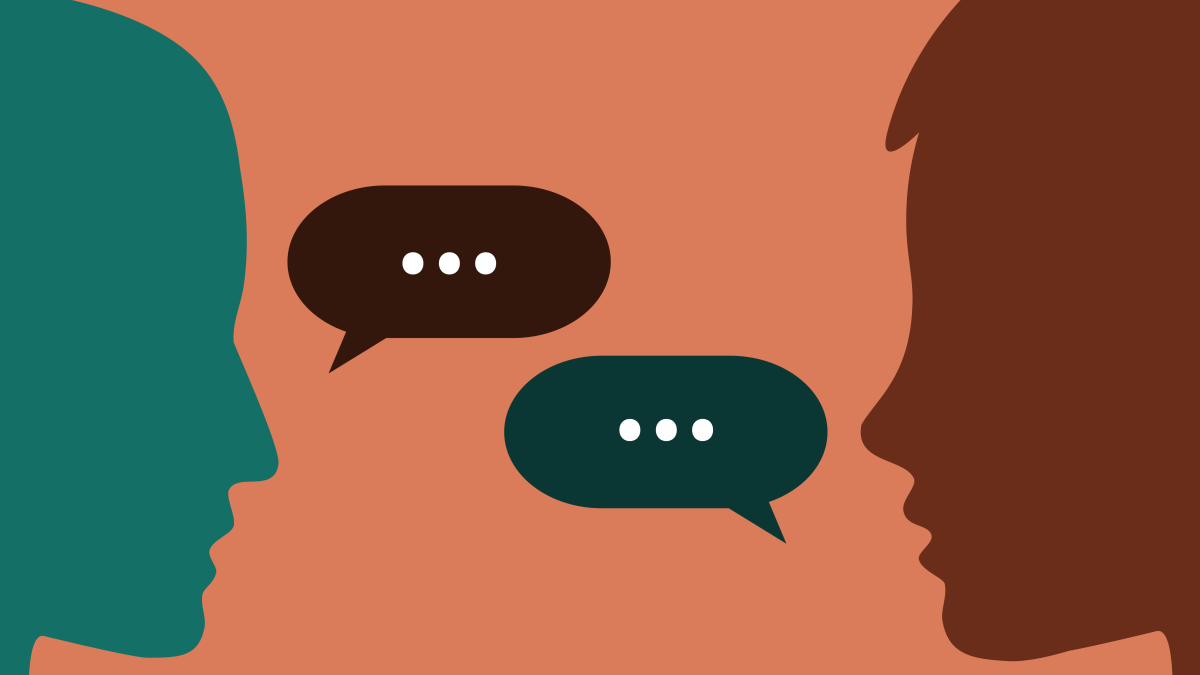Exploring others’ perspectives to come to informed opinions has become a lost art.
The need for better discussions is something that has not just troubled the everyday person but has also troubled academics as well, who have been busy on projects to address this issue.
One of these projects, known as the Better Arguments Project aims to “help bridge divides.” The project is a collaboration between the Aspen Institute Citizenship and American Identity Program and the Allstate Corporation.
The Better Arguments Project identifies three dimensions of arguing better and five principles of a better argument. These dimensions and principles go hand in hand with a document focused on why it’s important to have discussions by James Fearon, a political scientist.
“A better argument requires that all participants seek to understand the history that informs today’s debates and ground their claims using historical context,” according to the Better Argument Project’s website.
While it’s not necessary to know everything, it’s important to have a general knowledge of history to make educated decisions and have meaningful conversations.
Another dimension of a better argument is emotional intelligence, meaning we should “seek to understand why the other party is taking a certain stance, rather than immediately negating the party’s opinion,” according to the Better Argument Project.
This aspect of a better argument is something lacking in most discussions and debates seen today because many people don’t like to listen to a different opinion from their own.
This issue, while it has been around for years, has gotten worse over recent years, especially with the proliferation of echo chambers.
These echo chambers are prevalent throughout politics today and are created by people who only want to hear their opinions confirmed or only listen to people that they agree with.
Organizations like the Better Arguments Project are trying to combat these echo chambers to ensure better and healthier conversations.
Even before projects like these began, documents were written about the importance of having discussions. Notably, Deliberation as Discussion has six main points as of why it is important to discuss, written by James Fearon.
Most notable are his points about the participants gaining knowledge and understanding others’ ideas and perspectives.
One point about understanding others is called lessening or overcoming the impact of bounded rationality.
“Learning to see from another person’s or group’s vantage point means learning things that you never even conceived of, which implies that the intended effect of discussion is to lessen bounded rationality, a failure of the imagination,” according to Fearon.
This is an important reason to have discussions. By discussing subjects with people that have a different opinion from you, you are able to see things from a new perspective and understand why people think a certain way.
This point can also be furthered by Fearon’s point about improving the moral or intellectual qualities of the participants.
Again, this point is about someone gaining fresh knowledge or a fresh perspective which can be beneficial to people who want to further their minds and get more out of conversations.
Between the Better Arguments Project and Deliberation as Discussion by Fearon, there are many points brought up as to the benefits of discussing with others, especially those who have opinions that differ from your own.
The Better Arguments Project shows that this idea of having better and more in-depth discussions about an idea is an issue that many have discussed and want to make better.
Especially in the climate of politics today, it is important to remember the power of discussions and the importance of hearing others’ thoughts and opinions in order to have a better-informed opinion yourself.
Kate Beske is a 19-year-old journalism sophomore from Destrehan, LA.
Opinion: Discussions and learning other side’s point of view are important lost art
By Kate Beske
February 5, 2023
Chat Bubble Graphic






